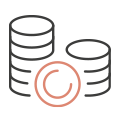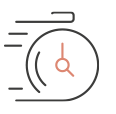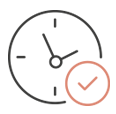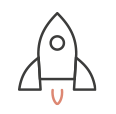Science education in Israel has undergone several transformations along the years, which concentrated on curriculum, teacher training and funding. Most of the significant changes were in the 1960s with the decision to invite the science community to lead the development of curriculum and teaching kits; in the 1980s when world-wide research on how students learn led to the creation of science teaching departments; and in the 2000s when integrative approaches led to prefer scientific literacy and relevance to daily life, in order to attract more interest in these subjects.
We at the Trump Foundation see our current effort as yet another stage in this relay race and believe we need to honor these previous attempts. Moreover, we assume that the Israeli professional community of policy, research and practice, will benefit from learning the lessons learned in these reforms, and although there have been a number of attempts to do so in the past, they had not yet been performed on a neither systematic nor comprehensive manner.
Therefore, we approached the Initiative for Applied Education Research of the Israel Academy of Science and Humanities, to organize a learning process which will include literature reviews and learning seminars, culminating in a conference, which will be attended by a diversity of relevant policy makers, researchers and practitioners. The learning process will concentrate on the following questions:
- How did previous reforms define excellence and how did they target to expand the circle of excellence among high school students, what were the goals, steps, measures, difficulties and success rates?
- Which elements in the reforms proved effective, what were the hurdles faced and lessons learned, and which aspects succeeded to sustain along the years?
- What was the role of secondary school teachers (veteran and new) – in these reforms and how were they assisted and harnessed to improve their practice in support of student learning in the advanced tracks?
An expert team of at least 7 participants will volunteer to lead this learning process, comprised of master teachers, researchers, and Ministry of Education officials. The team will meet at least 6 times, to collect data and reports, commission literature reviews, interview relevant players, conduct seminars and workshops, and prepare a one-day conference for 200 participants. At the outset of the conference a report, summarizing the learning process and presenting its products will be published and circulated between the participants. The conference will hopefully coincide with the foundation’s Advisory Council meeting in last quarter of 2016.
* The text presented above shows the grant as approved by the Foundation Board / Grant 167




